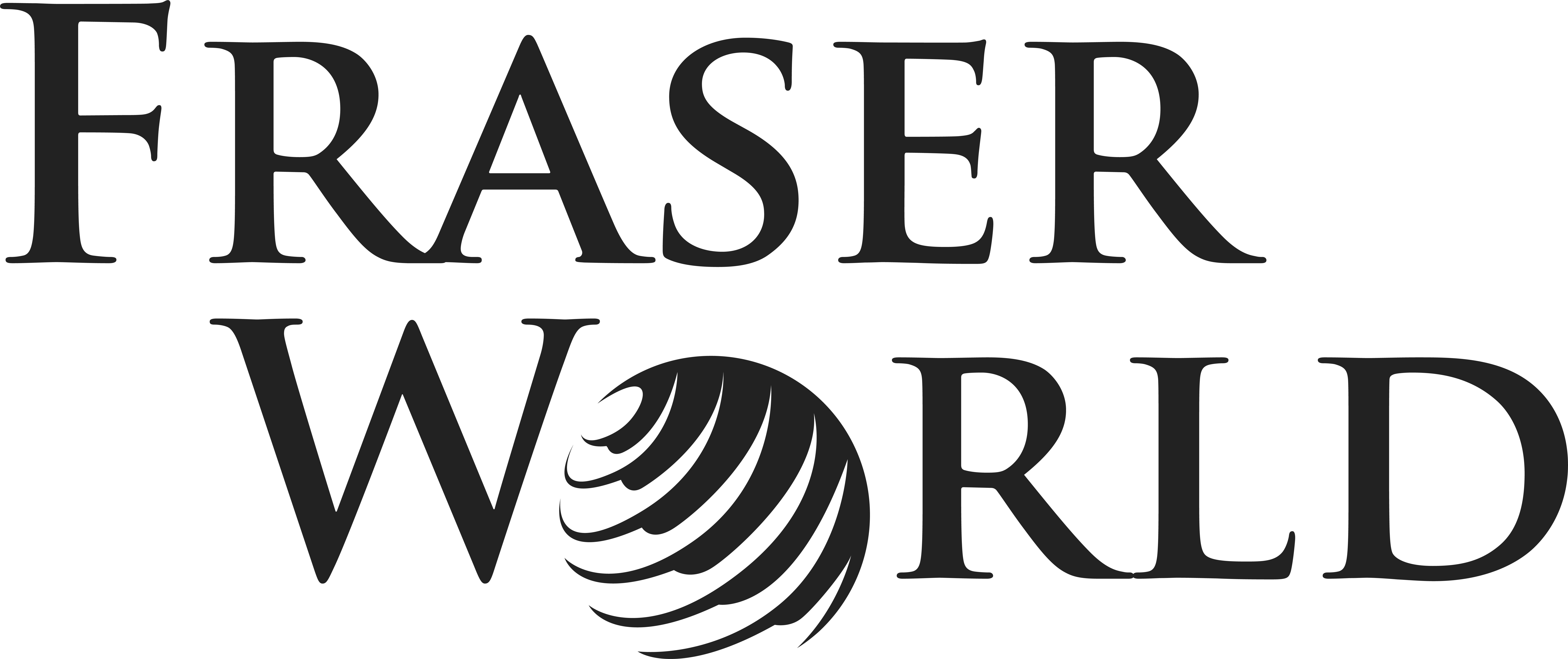Culture
Discovering Moments
Need some travel inspiration on where to go?
Fraser Cachet offers fresh stories about the hottest countries to visit, new travel trends,
the best cities for foodies and where to get a dose of culture.
Updated weekly and with a seasonal serving of recommendations, check in regularly to get new reads!
Go Local
Explore the neighbourhoods near Frasers Hospitality properties in Asia-Pacific, the Middle-East and Europe


Explore
Journey through the past and present in historic Phnom Penh

Guide
24 hours in Riyadh: What to see and do

Explore
The best ways to experience live music in Hamburg, Germany

Explore
How to spend three days in Kuala Lumpur

Culture
Where to Find Istanbul’s Best Museums and Historic Sites

Culture
Find beautiful art, design and history at these Frankfurt landmarks

Explore
Your essential guide to Muscat, Oman

Culture
11 awesome things to do on your visit to Brisbane

Explore
How to spend three days in Bahrain

Guide
Best streets and districts to go shopping in London
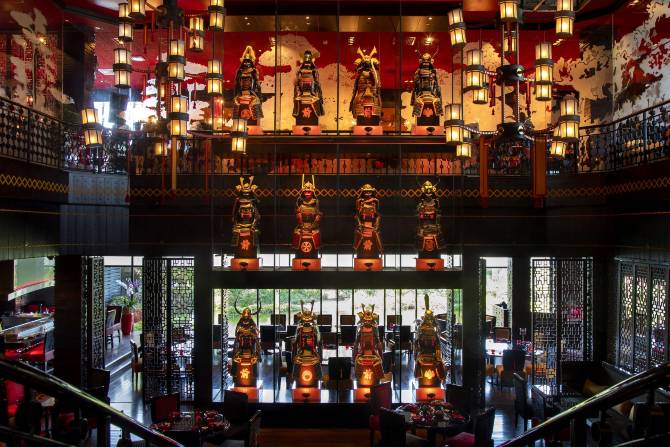
Culture
Bahrain: What to see, where to eat and things to do

Explore
Your ultimate guide to experiencing autumn in Osaka
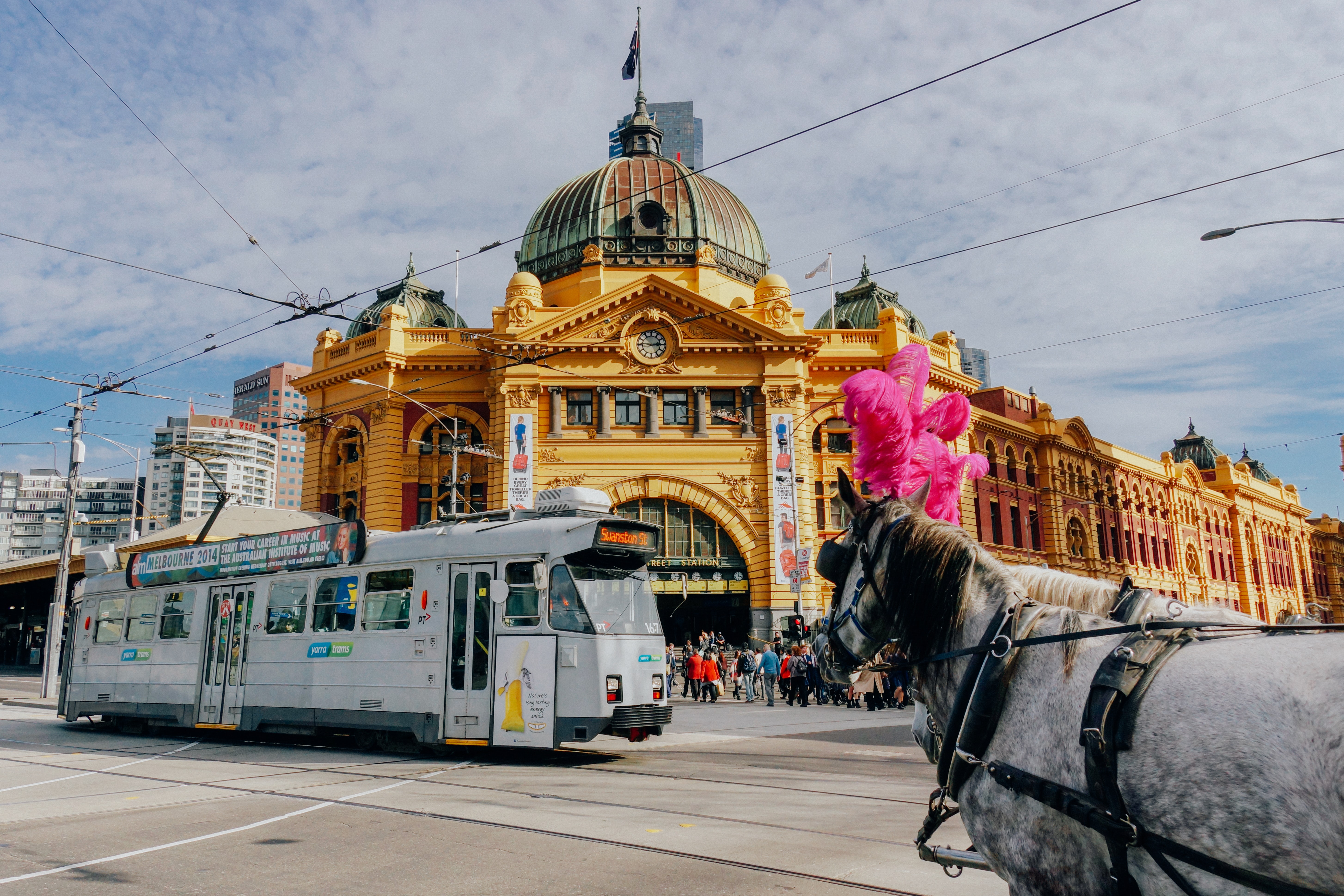
Tips
17 Unique Adventures Only Locals Know About in Melbourne

Explore
The best markets in Bangkok every traveller needs to visit

Explore
How to soak up the nightlife in Bukit Bintang

Nature
New green spaces to explore in Bangkok

Culture
Two easy ways to explore Hanoi, Vietnam
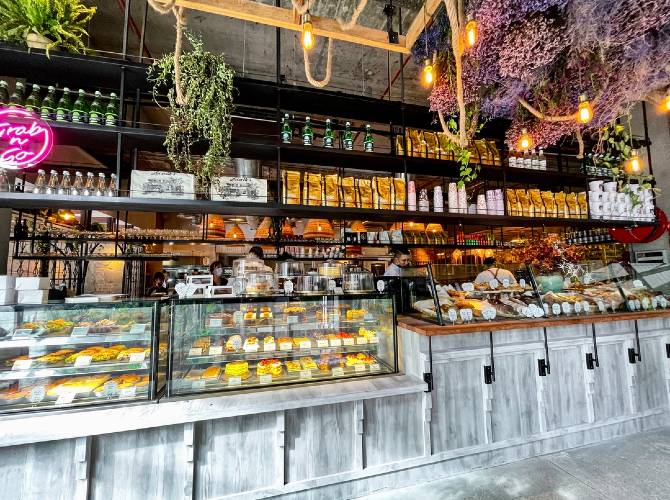
Dining
Insta-worthy Cafes in Kuala Lumpur For Your Next Meal

Explore
How to spend 24 hours on Berlin’s Museum Island
discovered-in-2022/Thumbnail_667x500.jpg)
Explore
9 Reasons Istanbul Deserves to Be (Re)discovered in 2022

Explore
Tour the Middle East on a plate in Dubai

Culture
Summertime in Paris, Après-Covid
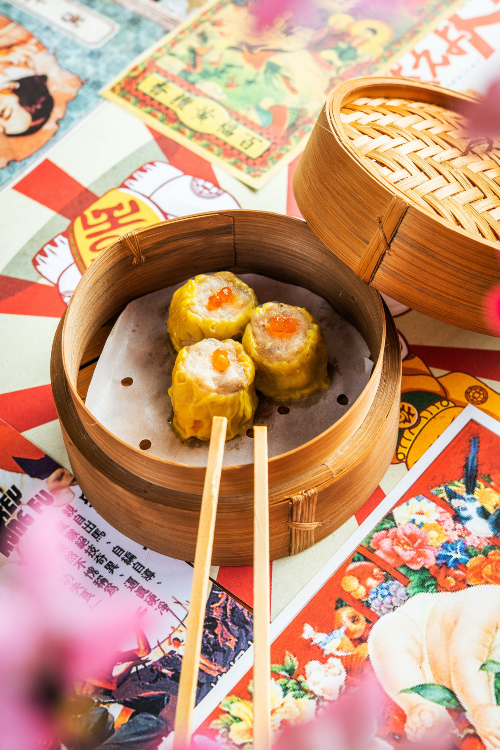
Experience
Rediscovering Your City: Guangzhou The Great

Culture
Rediscovering Your City: A World of Art in Berlin

Culture
Rediscovering Your City: Exploring Singapore’s hideaways

Culture
Rediscovering Your City: Surprising Shanghai
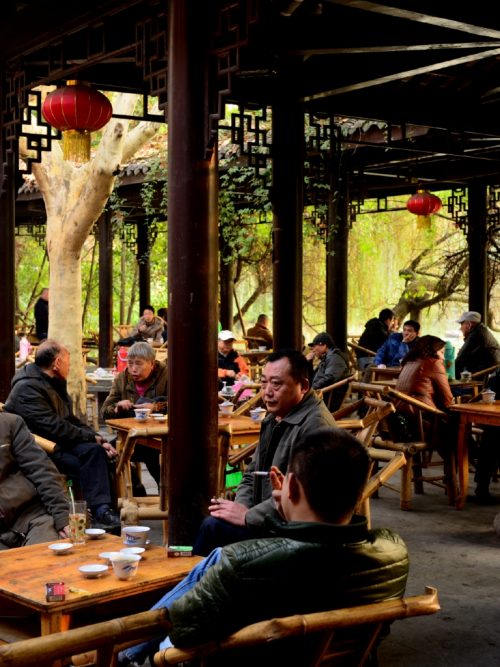
Culture
Rediscovering Your City: The Culture of Chengdu

Culture
Rediscovering Your City: The Allure of Leipzig

Culture
Rediscovering Your City: When Barcelona Beckons

Culture
7 Reasons to Rediscover Hanoi This Year

Family
7 Things To Do In Melbourne For Free

Guide
10 Places to Take in the Wonders of Muscat
Globetrot
Enhance your Frasers Hospitality experience with a day trip to nearby destinations

City Guide
Three exciting Asian cities for art lovers and foodies

Explore
5 Rail Journeys for a Holiday to Remember

Explore
Why You Should Put These Flower Fields on Your Holiday Itinerary
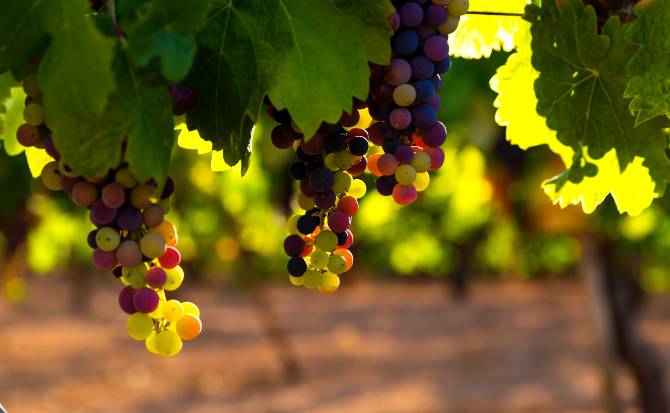
Explore
6 agritourism destinations for your next sustainable getaway

Family
5 Best Cities to Explore if You’re Travelling on a Budget

Culture
6 Walking Tours to Try on Your Next Trip

Culture
Best Christmas Markets in Europe

Culture
6 Underrated UK University Towns To Visit

Health & Wellness
Recharge with These Unique Holiday Ideas on Your Next Getaway

Explore
Best Light Festivals Around the World to Check Out

Explore
Great luxury weekends across the United Kingdom
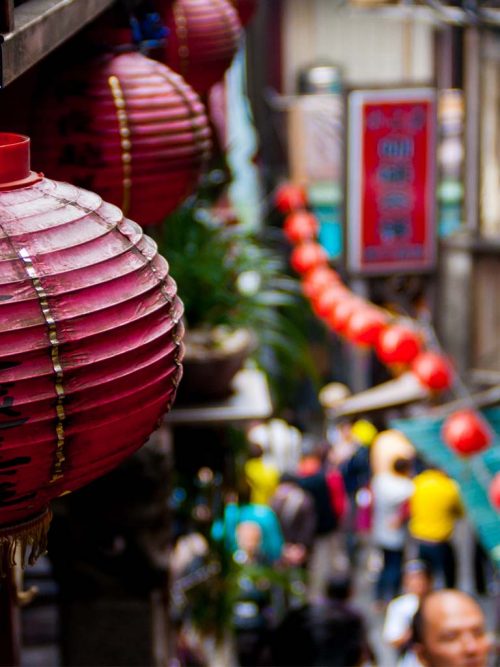
Culture
4 cities to start your discovery of China

Explore
Why these five amazing cities need to be added to your travel wishlist
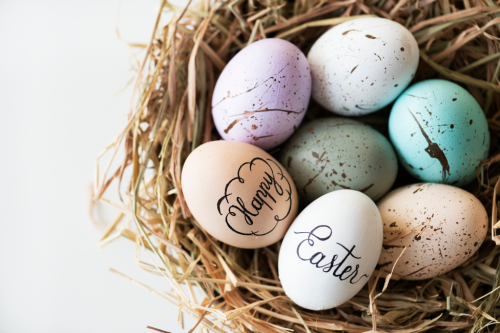
Culture
The traditions of Easter

Experience
The Roads Less Travelled

Culture
Embrace Slow Travel with these 6 Unique Experiences
Sip & Relish
Tuck into a delicious meal or enjoy a drink at the best F&B establishments in the cities we're in

Culture
5 Simple Recipes for Family Reunion Dishes
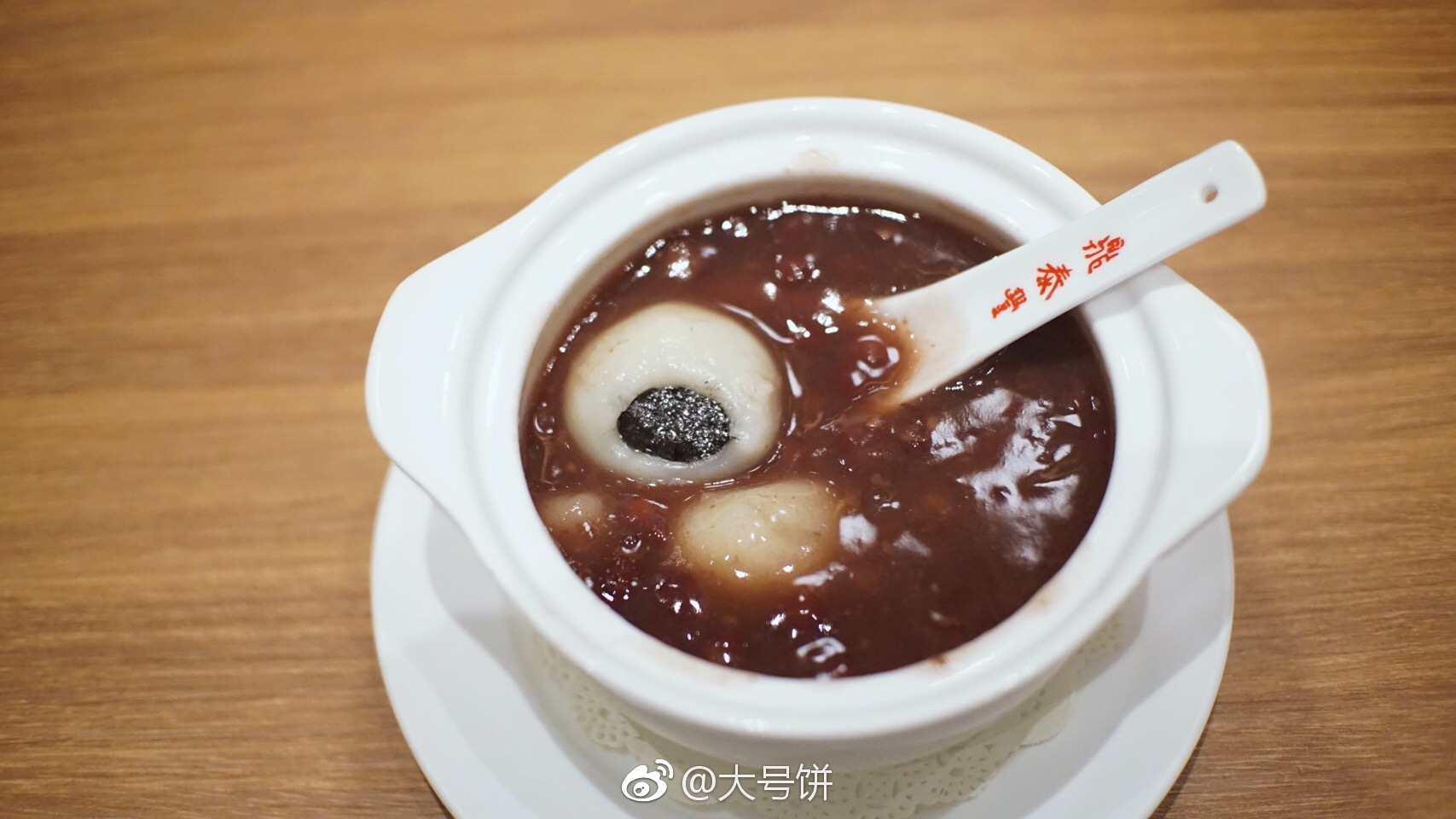
Culture
Best Chinese desserts in Singapore to indulge your sweet tooth

Valentine's Day gifts
Best chocolatiers in the world
Explore
Brewing Differently Down Under

Culture
Where to go for the world's best retro snacks
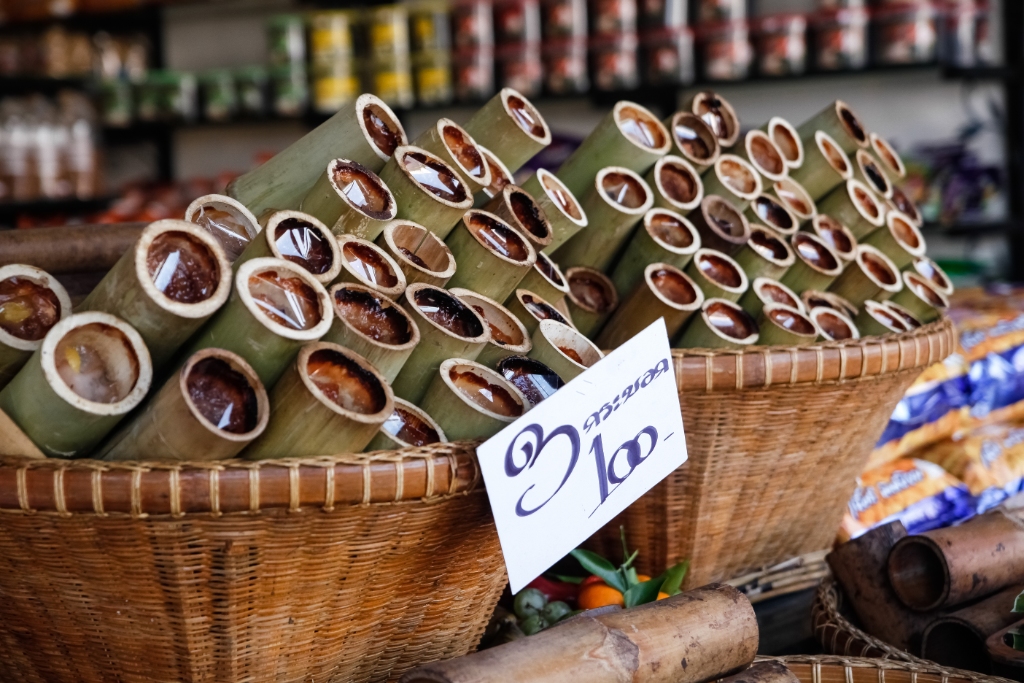
Explore
11 Must-Visit Markets In the World for Foodies
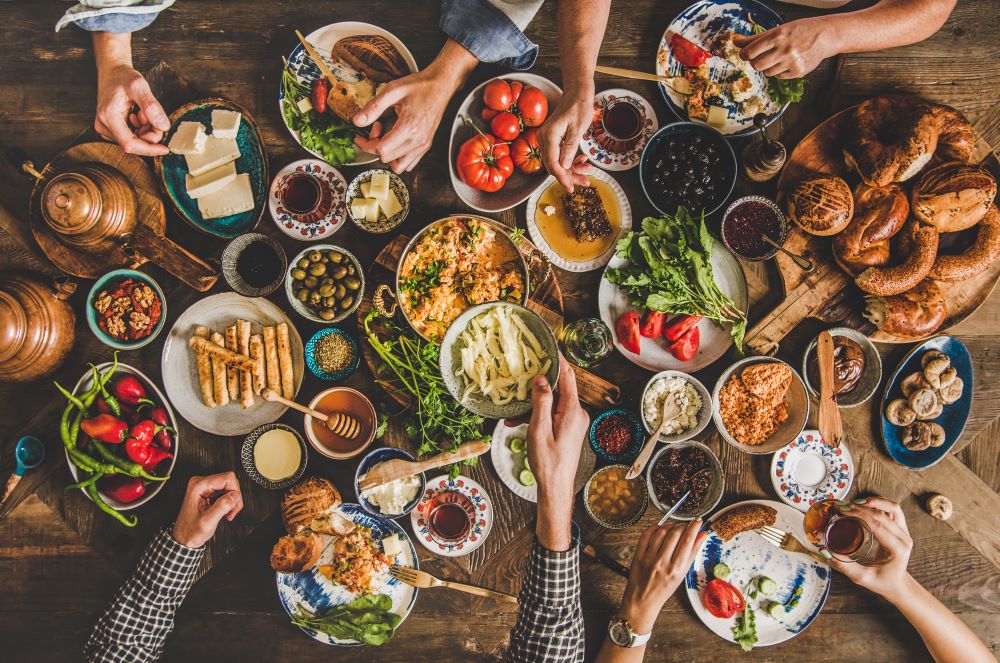
Culture
Taste 6 of the world’s best breakfasts
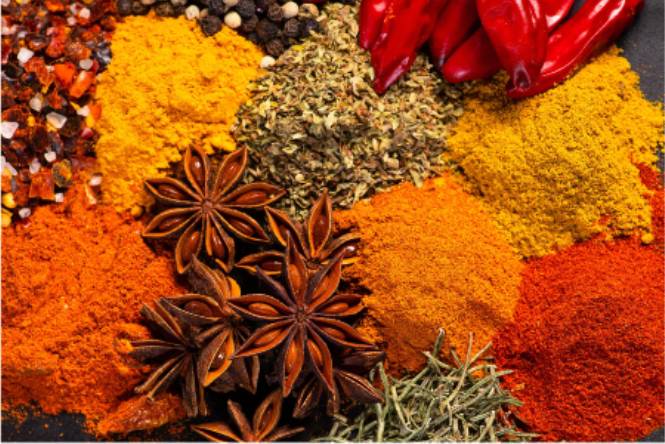
Dining
Use These 8 Herbs And Spices To Up The Ante In The Kitchen
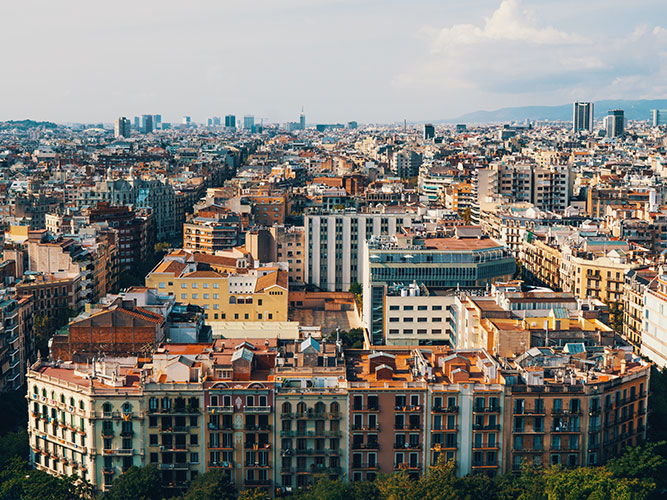
Explore
The best gourmet day trips from Barcelona Spain
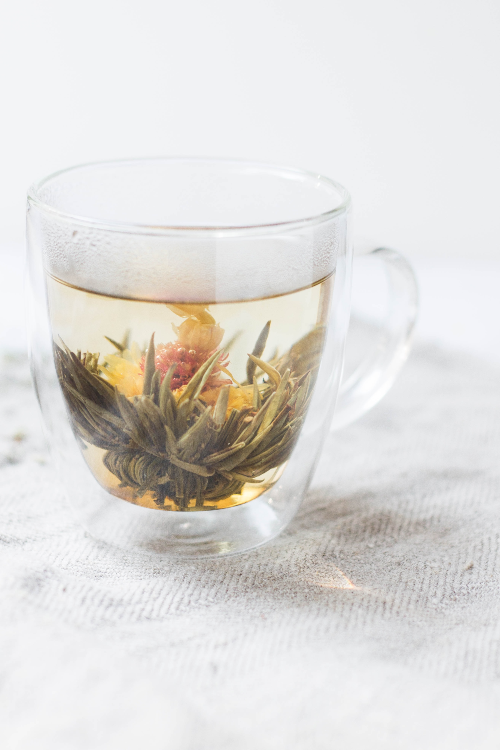
Culture
Tales of Tea
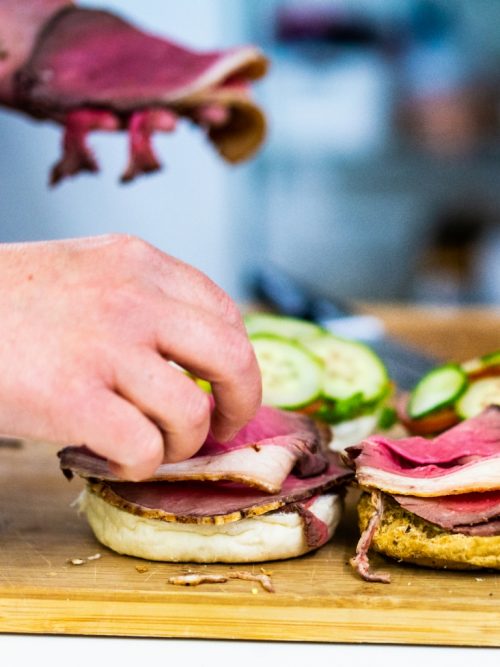
Culture
The Best of Bread: Unique Sandwiches From 7 Cities
Travel Well
Make the most of your stay at Frasers with these smart tips

Business
Why it’s time to embark on a workation

Self Care
How to Get Quality Sleep

Explore
What could the future of travel look like?

Health & Wellness
Mindfulness 101: What is it and how to start a daily practice

Explore
Eco-conscious wellness gear to improve your travels

Explore
5 fabulous voluntourism destinations around the globe

Family
Here's how choosing a serviced apartment can benefit you

Guide
The ultimate way to boost your next business trip: “bleisure”

Health & Wellness
How the Pandemic Has Made Travel Cleaner

Health & Wellness
How to Get the Best Out of Your Sleep
The Fraser Insider
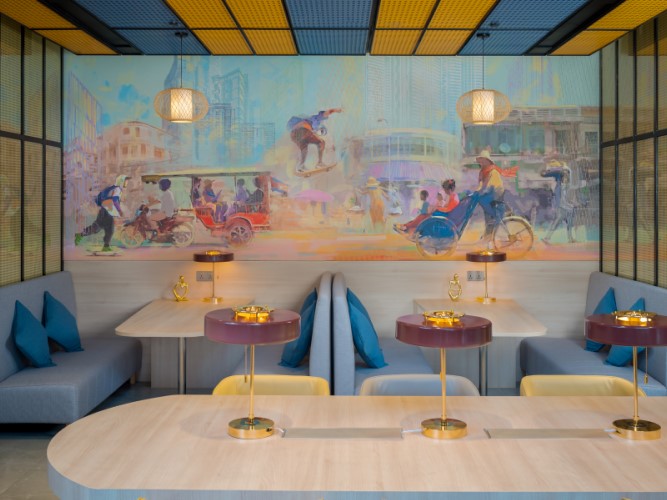
Tech & Design
Celebrating the past and the present at the new Capri by Fraser, Phnom Penh / Cambodia

Behind the scenes
Go behind-the-scenes at Fraser Suites Hamburg
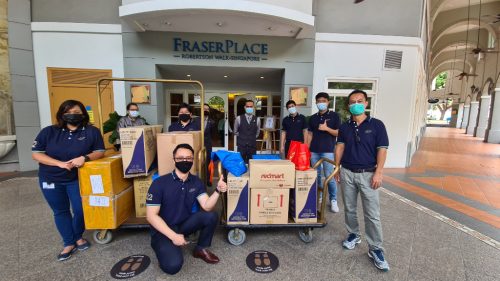
#fraser1000thanks
The Heart of Volunteering: Giving Back to the Community
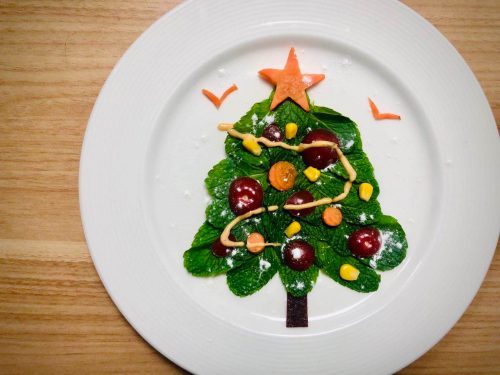
Fraser Secrets
Fraser Secrets: Festive Treats Made Easy

Behind The Scenes
In The Face Of A Pandemic: Keeping True To Our Values Of Care And Empathy

Behind The Scenes
In The Face of a Pandemic: 5 Lessons From A Hospitality Leader

Sign up as a loyalty member to enjoy our 25th anniversary specials
- Access to Exclusive Promotions
- Up to 25% off Best Flexible Rate
- Room Upgrades
- Early Check-ins
- Free Stays at Participating Properties
- Earn and Redeem Points at Participating Properties





















